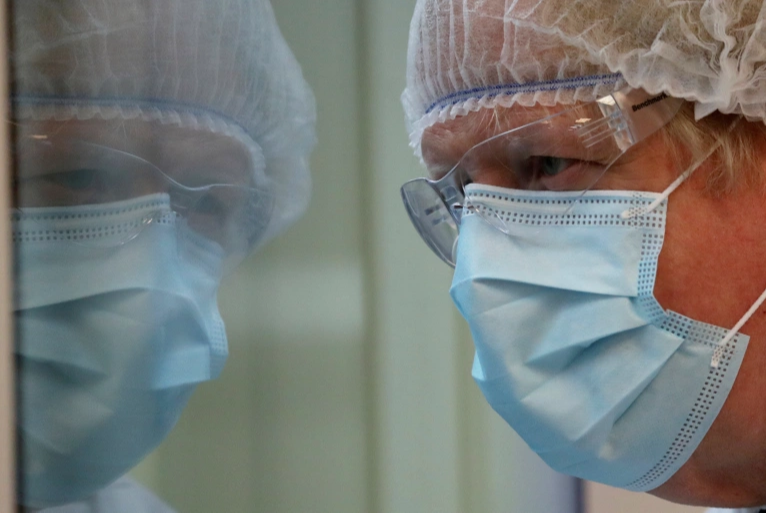
New COVID variant in UK has strong mutations
London, February 17 (RHC)-- A new coronavirus variant with a potentially worrying set of mutations has been identified in the UK with at least 32 cases so far, experts have said. According to researchers at the University of Edinburgh, the variant known as B1525 has been detected through genome sequencing.
The new variant has also been found in 10 other countries including Denmark, the US and Australia. The earliest sequences were dated to December and cropped up in the UK and Nigeria.
The variant has similarities in its genome to the Kent variant, B117, the team said, warning it contains the E484K mutation to the spike protein, which is a protein found on the outside of the virus that plays a major role in helping it enter cells.
This E484K mutation exists in variants that appeared in South African and Brazil and is believed to help the virus better evade neutralizing antibodies produced by the body.
Dr. Simon Clarke, an associate professor of cellular microbiology at the University of Reading, said that while it remains unclear what effects many of the mutations may have on the coronavirus, the presence of the E484K mutation might blunt immunity from any vaccine or previous infection.
“We don’t yet know how well this [new] variant will spread, but if it is successful it can be presumed that immunity from any vaccine or previous infection will be blunted,” said Dr. Clarke. “I think that until we know more about these variants, any variants which carry E484K should be subject to surge testing as it seems to confer resistance to immunity, however that is generated,” he said.
Ravi Gupta, a professor of clinical microbiology at the University of Cambridge, also thought surge testing for the new variant was needed, saying that as well as the E484K mutation it had another change “that likely helps it escape from our antibodies”.
Meanwhile, Prof. Jonathan Stoye, a group leader at the Francis Crick Institute, said it was not surprising that the new variant contained some familiar mutations. “The minute you start putting selection pressure on this virus, you start selecting particularly for things that give it the ability to escape immune responses, and I think that is what we are seeing here,” he said.
The fact that several variants of concern have the same mutations means changes to the current Covid vaccines would be needed to offer protection against multiple new variants. “This [E484K] change seems to be the key change at the moment to allow escape, so that’s the one you put into the tweaked vaccine,” said Stoye.
Also, Dr. Lucy van Dorp, of the Genetics Institute at University College London, said it was important to rapidly detect new variants. “One of the major advantages of genomic surveillance is to pick up lineages of potential concern early, while still at low frequency, to allow quick assessment and evaluation of their impact and prevalence in other regions of the world,” she said.

